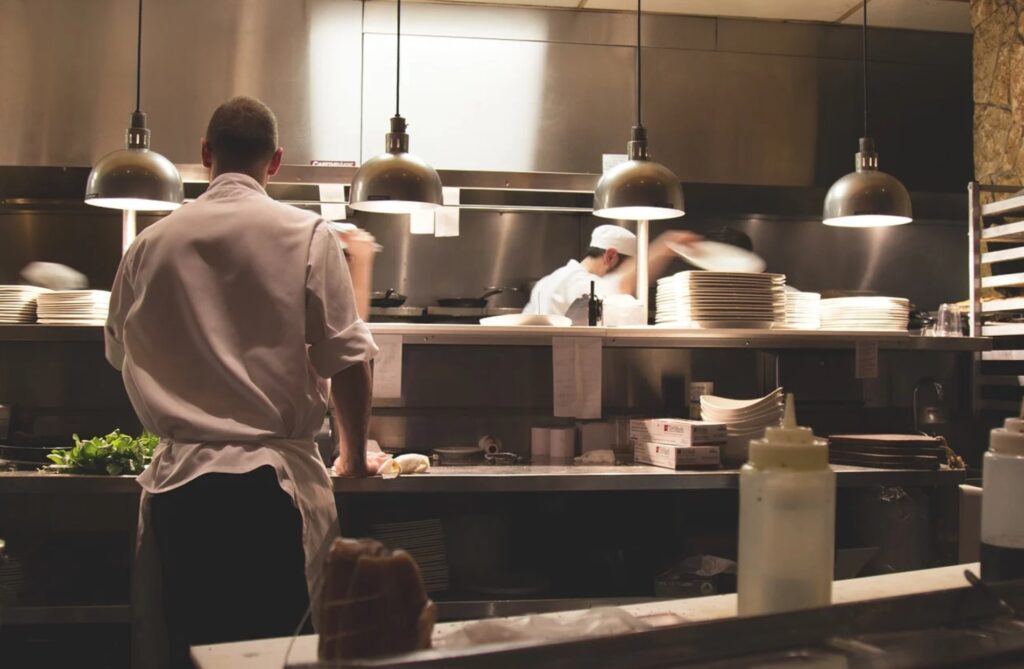Restaurants may be classified in the same category as other business establishments. Still, the rules they are subjected to are much more stricter owing to the fact that they deal with food, something that is linked to the wellbeing of consumers. Therefore, if you plan to start an eatery, you should be aware of the many rules and regulations that you’ll have to adhere to. The following are some important tips that will help you raise your business from scratch to a successful entity.
Safety and Standards

You’ll most likely use gas for most of the cooking in the kitchen area. One thing about cooking gas is how unstable it can be, especially in closed environments. Safety should be a priority in the kitchen area, and on top of having fire extinguishers and fire exits all over, you’ll need to use an approved and certified API 6D ball valve on each of your gas cylinders as they are more secure and would never allow any gas leak, click here for more info. Fire disasters in the kitchen can be dangerous and could bring your whole business down even before it takes off.
Strategic Location
You want the restaurant to be in a location that is frequented by people, a place with heavy foot traffic. Depending on your target market, you could have it near a subway so that people rushing to work in the morning or home in the evening can grab a quick bite out of convenience. If you aim to open a high-end restaurant, then focusing on quality rather than quantity should be your gameplay. Set it up in a classy location, like a well-known building, and slowly grow your client base with time.
Hire the Right Staff

One of the main reasons why many businesses never go past their first 12 months is hiring the wrong people. You could do everything else right, from getting the right location, creating the best menu ever seen, but all that will come crumbling down if you hire unprofessional people. With restaurants being classified under the hospitality sector, it is a business that is invested heavily in human interactions as it is centered on food. Therefore, Get the right people who know how to deal with clients on a daily basis.
A Substantial Budget

It will be a while before things pick up. You may have to dip into your own pockets to foot every bill, including salaries. It will be a while before things break even and the money you used to get inventory starts coming back. Therefore, you’ll need a substantial amount of funds to get a restaurant up and running. Paying suppliers, rent, salaries, advertising, all these will have to come from your pocket for at least the first 6-12 months. You could raise funds from family and friends or take a loan from a bank; if you can fund yourself wholly, the better for you.
Permits and Licenses
As previously mentioned, the regulations surrounding the food industry are heftier than others. You’ll need to get hold of a number of permits and licenses before you are allowed to operate. Starting with tax compliance forms, you’ll be required to fulfill food and health hazard requirements to ensure that everything you are preparing is safe for human consumption. All the people you hire will need to undergo medical checkups before being allowed to handle human food. All these will require some fees to be paid.
Marketing

You’ll not be able to achieve anything if you don’t invest in a good marketing plan. People will not stumble on your restaurant by accident; you’ll have to do the legwork and get your name out there. Fortunately, we are in the digital world, and online marketing is accessible and affordable, even for the smallest businesses. All you’ll need is to hire the right people to deal with the segment as well as having your own website where people can be directed to from social media pages if they wish to have more information.
Figure out a Delivery System

Due to intense competition, you may have to figure out a way to get food delivered to some of your customers. With mobile delivery taking over in most urban cities due to their great convenience, you have to offer delivery services. Start by designing a good service app and set up an efficient delivery system that will be prompt when it comes to delivering food. However, you have to be very careful when you choose this route because your company’s reputation hinges on it. One slight mistake from one of the riders could end up getting you blasted on social media, and that could dent the name of your establishment.
Conclusion
It takes patience and lots of dedication. Success doesn’t come overnight; you are actually more likely to run into more challenges in the first 12 months than wins. It is easy to get discouraged along the way, but you can take solace in the fact that that’s how businesses operate the world over. Eventually, things will pick up to a point where you may struggle to keep up with demand. Just be ready for that time.









